In the context of the new operating system still being completed, Decree 70/2025/ND-CP when it comes into effect has created one of the biggest technical problems: requiring sellers to collect buyers' identification information to create invoices.
Decree 70 is considered an important step forward in the process of transparency and modernization of the tax management system. The implementation of electronic invoices generated from cash registers not only helps increase transparency in transactions, but also contributes to building a fair business environment and reducing budget losses.
At the recent workshop on the implementation of electronic invoices connected with tax authorities, Mr. Dau Anh Tuan, Deputy General Secretary, Head of the Legal Department of the Vietnam Federation of Commerce and Industry (VCCI), said: "With limited resources and low technology level, the implementation of Decree 70 is creating great pressure on millions of business households."
Mr. Dau Anh Tuan, Deputy Secretary General and Head of Legal Department of VCCI - at the workshop.
Decree 70 requires that the electronic invoice must have the tax code or personal identification number of the buyer, except in cases of selling goods or providing services to non-business buyers.
This regulation causes difficulties for business households, because in reality, many customers come to buy goods and business households cannot identify whether they are individual consumers or individual businesses. In case the buyer does not provide information, the seller also has no right to request, leading to the risk that the business household may violate the regulations on invoices.
Many distributors and wholesalers also expressed concern that they would be accused of “invoicing the wrong person” or “colluding to tax evasion” if they could not prove the identity of the buyer in the invoice records.
Therefore, the early issuance of guidelines allowing sellers to clearly state “Buyer did not provide information” in transactions where the buyer does not provide a tax code or personal identification number is necessary to ensure operational feasibility, while contributing to standardizing the legal basis between links in the supply chain.
The seller's responsibility should be considered complete when they have issued a complete invoice for the sale, whether or not the invoice contains complete buyer information. If a buyer re-purchases goods from a distributor or wholesaler without a complete input invoice, the responsibility lies with them - not the original seller.
It is the responsibility of the tax authorities to ensure that all goods in circulation have input and output invoices. The lack of flexibility in regulations is leading to congestion of goods, indirectly disrupting the legal supply chain, which is contrary to the goal of modernizing tax administration.
Requiring invoices to include complete buyer information is causing disruptions at the invoicing stage, thereby blocking the flow of goods and indirectly disrupting the legitimate supply chain, while also creating risks in the post-audit stage.
Mr. Tran Quoc Khanh - Standing member of the Policy Advisory Council.
In reality, many businesses and business households, despite having fully prepared invoices, accurately declared and fulfilled their tax obligations, can still be subject to audit if the buyer’s identity cannot be traced. If the seller has fulfilled his/her tax declaration and payment obligations, post-audit should not be the basis for concluding a violation, unless there are clear signs of intentional wrongdoing.
Agreeing with the recommendations of VCCI and associations and enterprises, Mr. Tran Quoc Khanh - Standing member of the Policy Advisory Council, added: "Business households operate in places that even small businesses cannot reach. They penetrate every corner of the economy , present in all areas to maintain the flow of goods. They are that important."
“We fully support Decree 70, but once the policy touches this area, it must be carefully considered and taken care of,” he said.
Accessibility and implementation are also affected by factors such as scale and geographical conditions. Urban businesses have better access to information, infrastructure and support services than those in rural and mountainous areas. Among the surveyed households, the group of businesses in rural and mountainous areas said that they are almost unable to participate because they often do everything themselves, do not have time and the profit is not enough to hire workers.
From there, some additional recommendations were also noted at the Consultation Workshop on the results of the investigation of business households on the implementation of invoices and documents in Decree 70 of the VCCI such as not imposing administrative penalties in the period from June 1 to December 31, 2025; not retroactively imposing tax obligations, not collecting and not imposing penalties for transactions before the time when business households officially switched to the declaration method.
Most importantly, it is necessary to listen to voices from practice so that policies are close to needs and in line with people's opinions.
Does the new address need to be adjusted on the electronic invoice from July 1? According to the Tax Department, the tax authority will automatically update the address field after the change, taxpayers do not need to do anything, businesses are still allowed to issue electronic invoices as usual without being fined.
Source: https://vietnamnet.vn/vcci-kien-nghi-ve-nghia-vu-xuat-hoa-don-nhung-khong-co-thong-tin-nguoi-mua-2420884.html


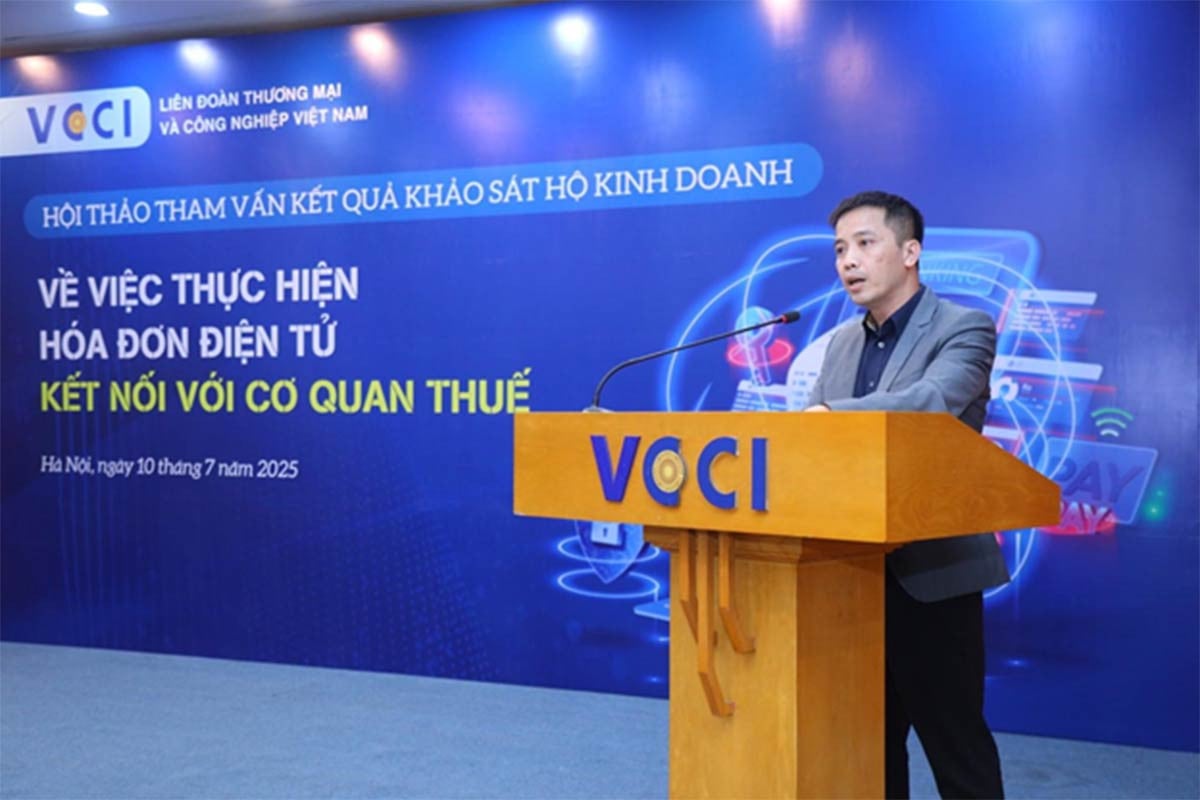

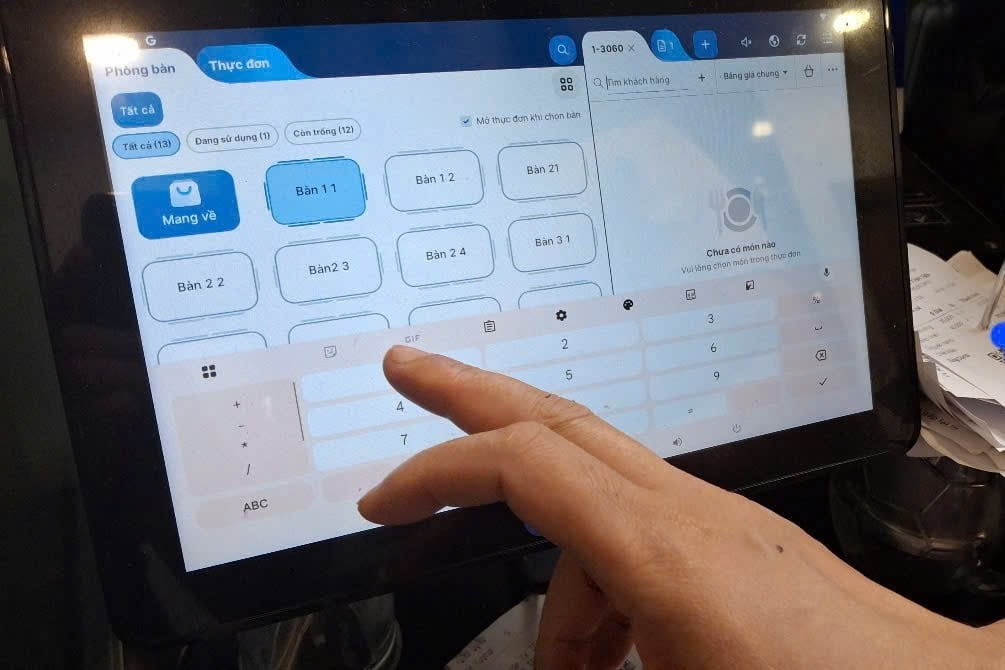
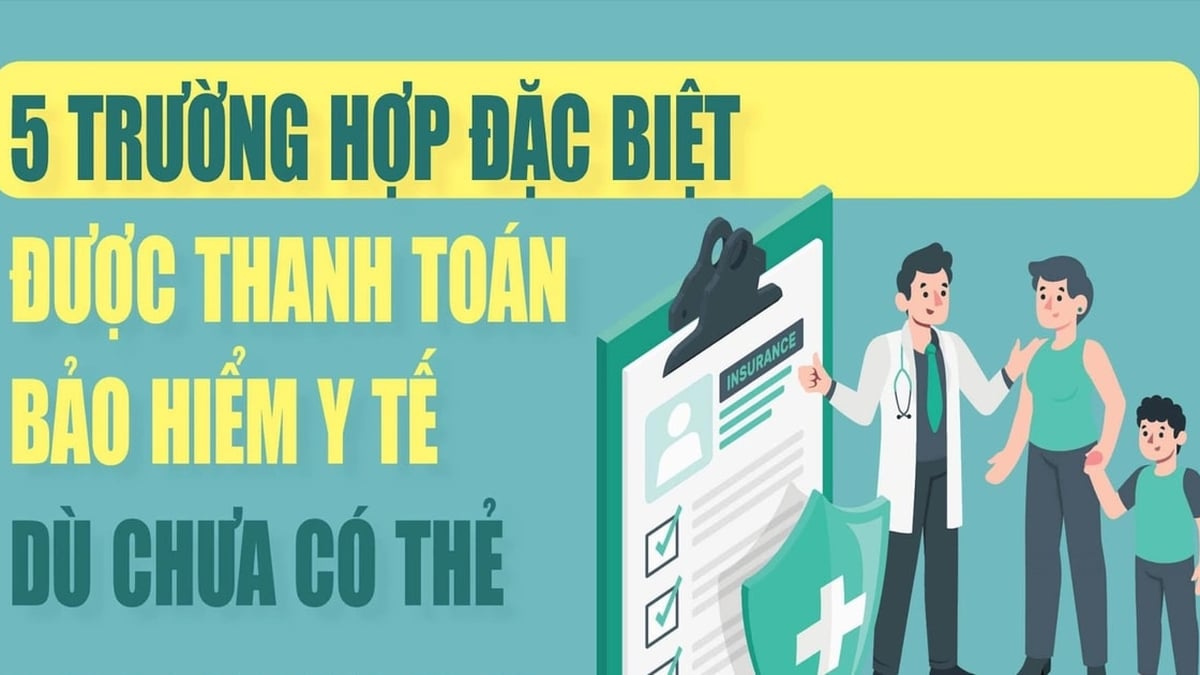


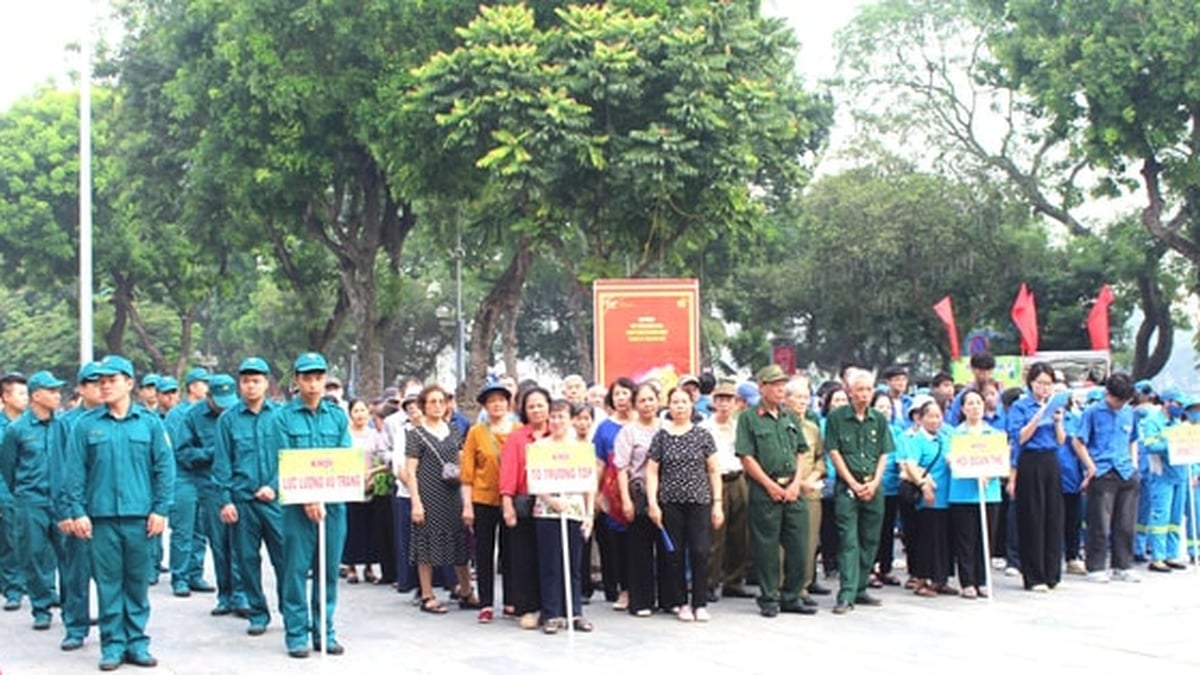
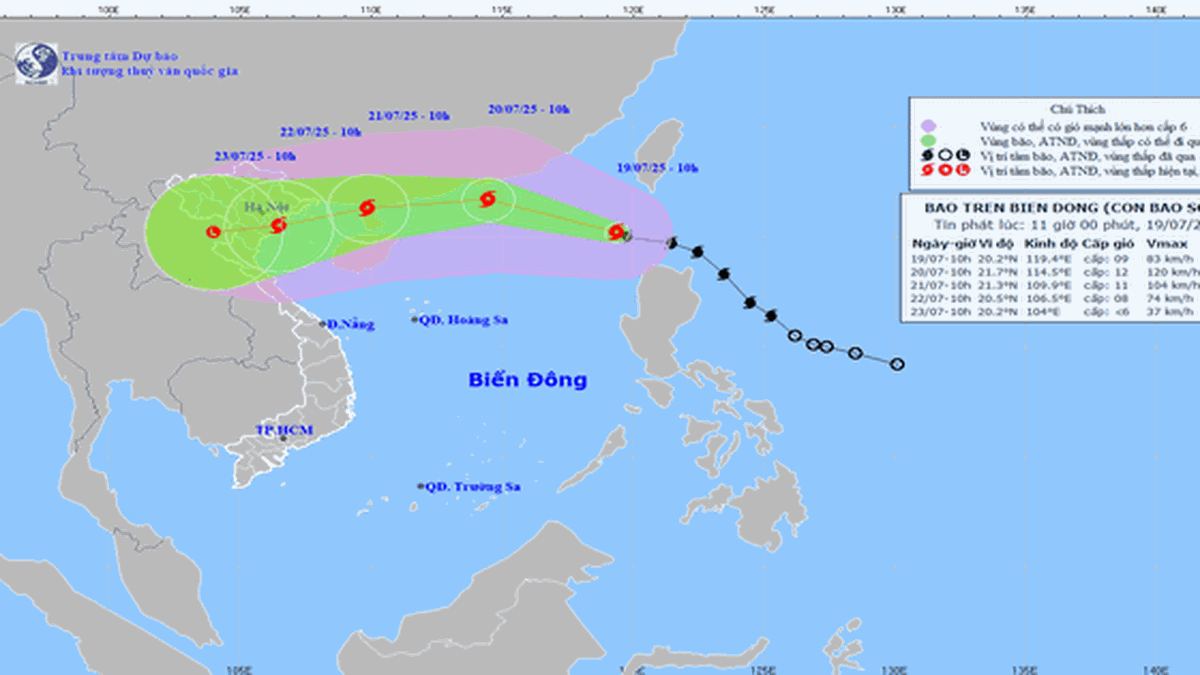




























































































Comment (0)